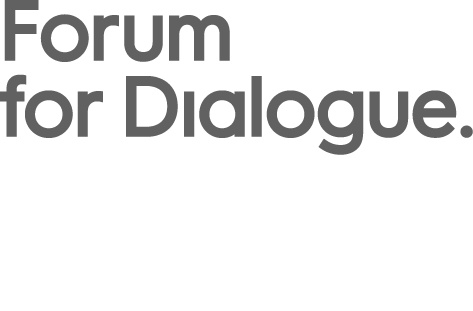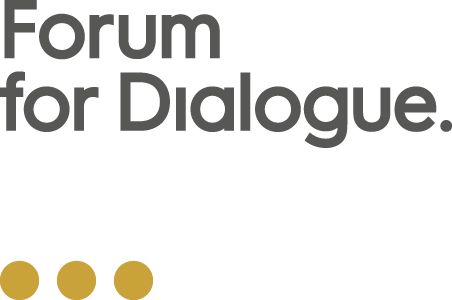Having become a very popular concept, the open debates series devoted to Polish/Jewish relations that we began in 2012 in collaboration with Chlodna 25 café are continuing this year in PanstwoMiasto cafe in Warsaw.
The first debate this year, which took place in January, involved Lukasz Baksik, the photographer and author of the photo project “Matzevot for Everyday Use” and Agnieszka Nieradko, representative of the Rabbinical Commission on Cemeteries. Our guests talked about the fate of Jewish cemeteries and graves in the war and post-war Poland.
In February, those gathered discussed the realities of individuals working at commemorating the local Jewish heritage in their regions. After watching Władysław Pasikowski’s movie “Pokłosie” the audience was invited to take part in a debate with Bogdan Białek, President of the Jan Karski Association in Kielce, Witold Dabrowski, deputy director of the Grodzka Gate – NN Theatre in Lublin and Grzegorz Kaminski, a teacher from Toszek.
In April, we tried to “read Warsaw” from Warsaw Ghetto maps together with the Polish Center for Holocaust Research of the Polish Academy of Sciences. The debate was organized in conjunction with the release of the Center’s renewed and supplemented publication “The Warsaw Ghetto: Guide to the Non-Existent City,” and was attended by Beata Chomątowska, a journalist and founder of the Association for Social and Cultural Initiatives ‘Station Muranow’, Pawel E. Weszpiński, cartographer and historian of cartography and Jakub Petelewicz from the Polish Center for Holocaust Research.
In June, debate participants discussed the meaning of Christian-Jewish dialogue with Father Wojciech Lemański, parish priest in the small town of Jasienica and member of the Polish Council of Christians and Jews.




